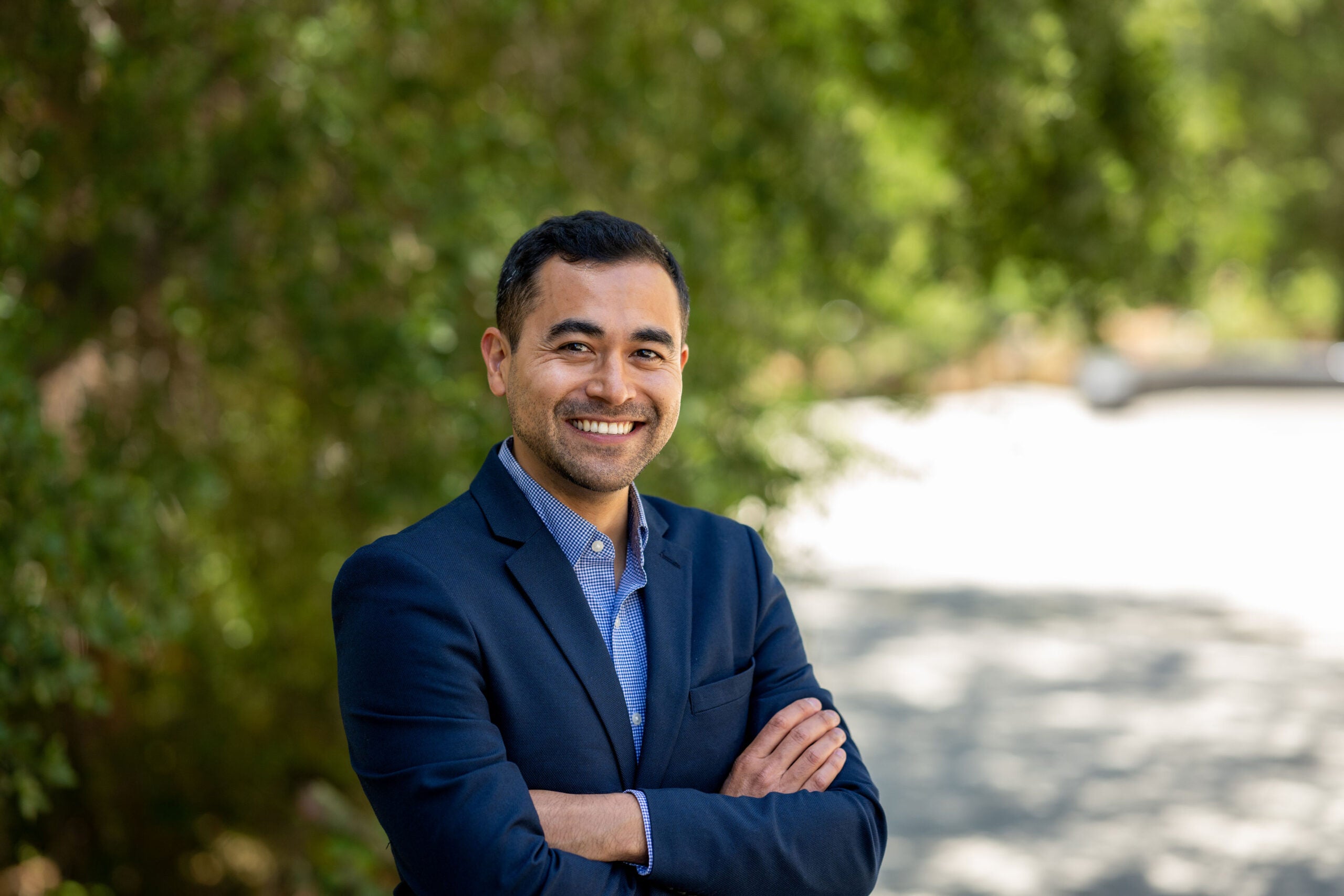


This summer, the Hub and the Aspen Institute’s Energy and Environment Program are co-hosting the Aspen Climate Cohort: a 10-week program training climate experts to have policy impact.
During the month of June, the 15 climate fellows learned the basics of policymaking and policy advocacy in an intensive bootcamp in Berkeley, California. Now, the fellows are busy putting their new skills to practice with 6-week policy projects of their own choosing.
To help you meet the fellows and get a sense of what they’re up to, we’ll be sharing a few features of members of the cohort. Today, we’re highlighting Stephen Mushegan, an engineer-turned-consultant in clean energy and climate.
What do you do when you’re not an Aspen Climate Cohort Fellow?
I’m a clean energy engineer and consultant. My most recent role was at RMI, a global clean energy nonprofit, where I developed solar and battery storage projects, consulted for utilities, and advocated for all-electric buildings. After the fellowship, I’m hoping to combine my clean energy experience with my newfound policy skills to pivot to a role driving policy impact in government, a policy-focused NGO, or a climate-tech company.
What made you apply to join the Aspen Climate Cohort?
While I have made positive change as an engineer and consultant, I applied to the Aspen Climate Cohort because I wanted to scale my impact further through policy. In my last job, I saw the immediate impact that policy changes made in driving market transformation by setting a clear direction and giving all stakeholders certainty. This experience has really shaped my understanding of the power of policy to accelerate change.
How has this program changed the way you look at policy?
The program has challenged me to consider alternatives when it comes to influencing policy. If legislation is too hard to pass, can we pivot to regulation by a specific agency? If the federal government isn’t cooperating, is there a willing state or local government we can target first? Can we influence a major corporate actor to change their internal policies that will have reverberating effects in the industry? The fellowship has made me think more critically and creatively about policy solutions.
What has surprised you most about your experience so far?
I was surprised by how much new information and learning we could squeeze in just four weeks of the policy bootcamp. We had classes, workshops, and external speakers from morning to evening, followed by work on policy memos, public comments, and presentations to solidify our understanding of new concepts. The bootcamp portion was equally exhausting and exhilarating!
What are you most looking forward to heading into the final month of your fellowship?
Creating policy impact. Now that we’re focused on our final policy project, I’m looking forward to getting into the weeds – mapping out key stakeholders; having calls with government, industry, and community members to inform our policy research; and coming up with a “win-wind” policy solution and advocacy plan (pardon the pun, our team project is focused on offshore wind). It’s great to get a chance to put all the policy bootcamp skills to use in a practical setting.
What’s your climate policy “bumper sticker” – something everyone should know?
Individual climate action doesn’t have to be drastic; small changes like cutting meat a few days a week or replacing short car trips with cycling can still make an impact.
To learn more about Stephen, read his full bio here and follow him on Twitter here.